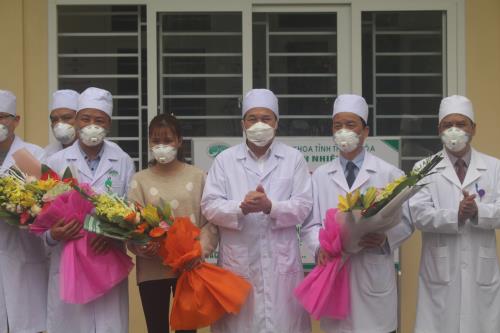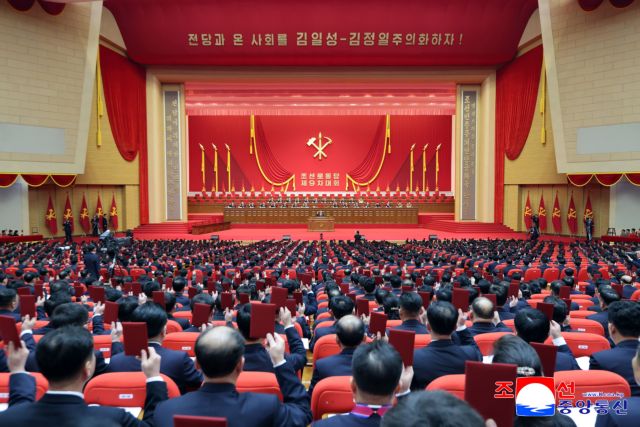 Society
Society

Trịnh Thị Tuyết Lan, the doctor in charge of this case, said they were worried as no treatment regimen had been developed while deaths were increasing daily.

|
| The first coronavirus-infected patient (fourth from right) was discharged from Thanh Hoá Province General Hospital. — VNA/VNS Photo Duy Hưng |
THANH HOÁ — The central province of Thanh Hoá was the second locality in Việt Nam to successfully treat a patient infected with the 2019 novel coronavirus (nCoV), easing tensions in the fight against the respiratory disease.
On January 24, when almost all Vietnamese people gathered for the last supper of the old lunar year, 25-year-old N T Tr in Yên Định District, who had just returned from China’s Wuhan City, was admitted to Thanh Hoá Province General Hospital for suspected infection.
After six days of quarantine, she tested positive for the coronavirus.
Trịnh Thị Tuyết Lan, the doctor in charge of this case, said they were worried as no treatment regimen had been developed for the virus was still too new, while new infection cases and deaths were climbing daily.
The epidemic of fear led to a sizeable number of patients having examinations at the hospital’s department of tropical diseases.
“Many of them only suffered normal types of influenza. Others went to the hospital only because they met Chinese people,” said department head Đỗ Xuân Tiến.
On February 3, Tr was discharged after being given the all-clear.
On the day she was discharged, Tr was beyond happy.
"The time I first knew that I contracted the 2019-nCoV from Wuhan, I was so confused and anxious over my future, whether I would be amongst those who could be cured," Tr said, expressing utmost gratitude for her doctors and medical staff.
A day later, four other patients quarantined for having travelled to and from infected areas or having contact with infected people could also go home.
Early quarantine is the key in coronavirus treatment, according to Tiến.
The quarantine area was kept breathable by opening windows to accelerate the natural excretion of the virus and germs.
Patients were guided to thoroughly wash hands and gargle with saline to reduce the viral load in their oral tracts.
Doctors closely monitored the patients’ disease progressions and studied test results for prompt interventions.
“We encouraged patents and created a comfortable environment for them to rest to reduce fear which might affect the treatment,” said Tiến.
Antibiotics were prescribed to prevent superinfection and complications. Patients were asked to follow a healthy diet with a lot of fresh fruit and milk to improve their immune systems.
“Their conditions improved after 10 days of treatments. Confirmation tests showed the patients negative with coronavirus,” he said.
The five patients’ good physical conditions aided the treatment, according to Tiến.
Lê Văn Sỹ, the hospital’s director, said the patients would need to be quarantined at home for a few weeks and eat nutritious food to fully recover.
Sỹ said the hospital had prepared to fight the epidemic by establishing a rapid response team, mandating quarantines, monitoring people who had direct contact with patients and imposing protective measures for medical staff.
Medical supplies and facilities were stocked to minimise the possibility of the virus spreading.— VNS

.jpg)


